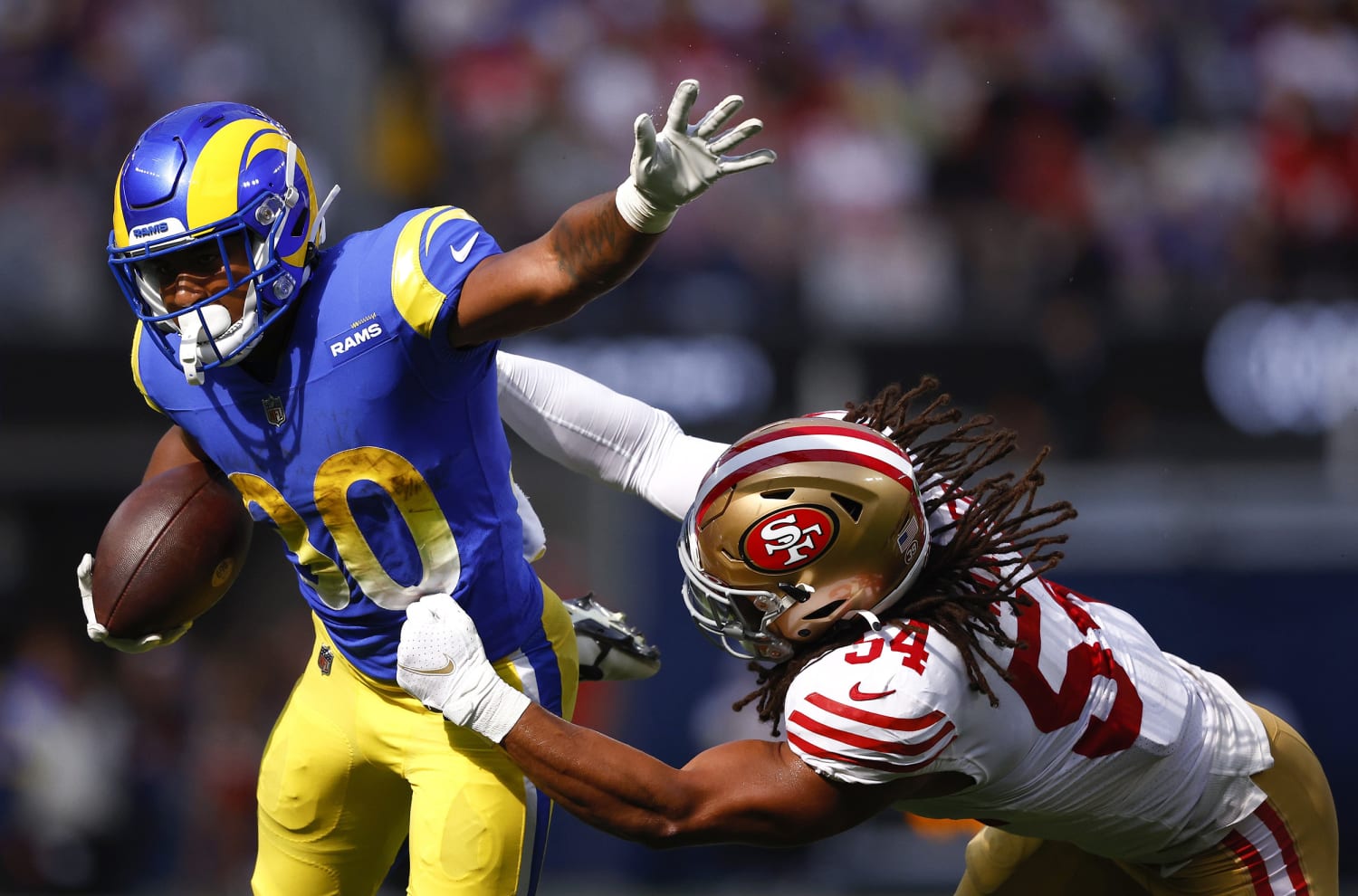Nearly a half-billion dollars were poured into campaigns aimed at bringing sports gambling to California at tribal casinos and online, in what turned out to be the biggest losing bets of this political season.
Propositions 26 and 27 not only lost, but also went down in overwhelming numbers rarely seen in modern 50-50 politics.
Proposition 26, which sought to bring point spreads to Native American casinos, was rejected by a margin of 70.1% to 29.1%, with nearly all precincts reporting, tallies showed Wednesday. Meanwhile, Proposition 27, the measure that sought to legalize online sports betting, went down to even greater defeat by a margin of 83.3% to 16.7%.
“This might go down in history, in the Michael Bloomberg Hall of Fame,” Dan Schnur, a campaign finance reform advocate, said poking fun at the former New York City mayor and media tycoon’s brief $1 billion presidential run of 2020.
Schnur, a former GOP political operative and a one-time chairman of the California Fair Political Practices Commission, struggled to recall any campaigns in the state that did less with this much money.
“This is the worst I can remember,” he said.
The remarkably one-sided margins came despite these measures spending more on advertisements than any other races across the country this year.
Spending on the two propositions eclipsed the funds shelled out for ads in the pivotal Senate races of Georgia, Arizona, Wisconsin and Nevada, according to the ad-tracking firm AdImpact.
Or put another way, historically, the nearly $280 million doled out for the two proposition spots was more than what 2016 Democratic presidential nominee Hillary Clinton spent on ads in her entire campaign.
“I think we all expected” Propositions 26 and 27 to go down, said Fernando Guerra, a political science professor at Loyola Marymount University. “But to go down by the margins it did, with the money spent, it’s pretty incredible.”
Guerra, a campaign finance reform advocate, praised savvy California voters who “followed the money” and raised red flags about the specific self-interests on the ballot Tuesday.
“Californians are gamblers, and they love gaming,” he said, ticking off a long list of times when the state’s voters supported gambling proposals.
“It’s not the gaming that was voted down, it was the heavy-handed attempts to actually restrict gaming,” Guerra added, referring to the conditions set by the two measures.
Proposition 26 garnered $120.7 million in donor support and $43.8 million in opposition efforts, according to the California secretary of state’s contribution records. Meanwhile, Proposition 27 drew $169.5 million in support and $237.8 million in opposition.
Those dollars led to months of nonstop TV ads in some of the nation’s most expensive media markets that generally fell into two camps: Those in favor of online Proposition 27 and those in favor of Proposition 26 that usually came with anti-27 messages.
Proposition 27’s backers didn’t strongly oppose Proposition 26, whose backers aggressively fought the former measure in hopes of bringing Native American casinos a near-monopoly in sports betting.
All of this cash led to mutually assured destruction, according to I. Nelson Rose, a California attorney who specializes in gaming law.
“When you have two competing initiatives that are so confusing that people don’t know what’s going on, so the voters say, ‘A pox on both your houses,’” he said. “So, yeah, they killed each other.”
Source: | This article originally belongs to Nbcnews.com










